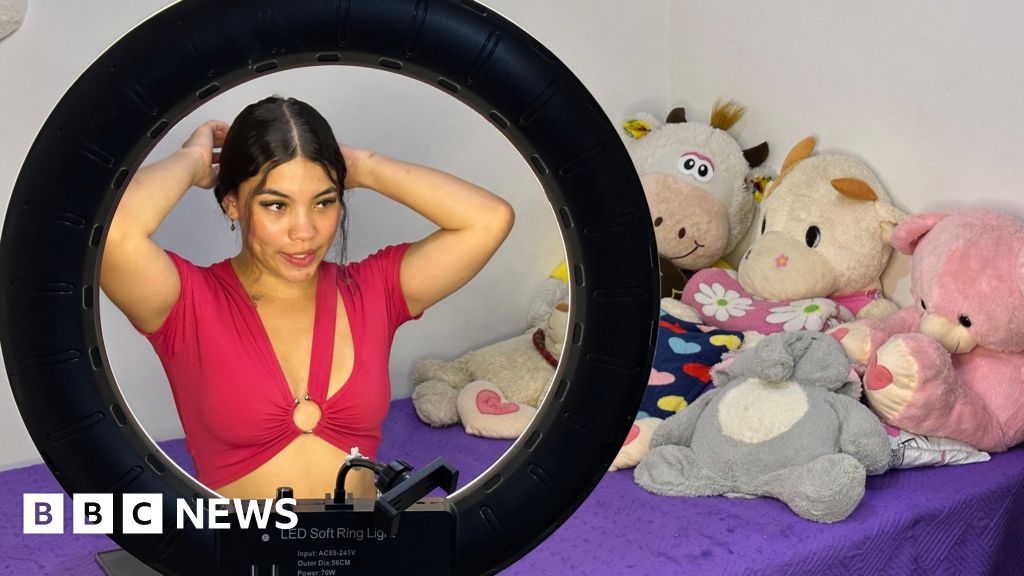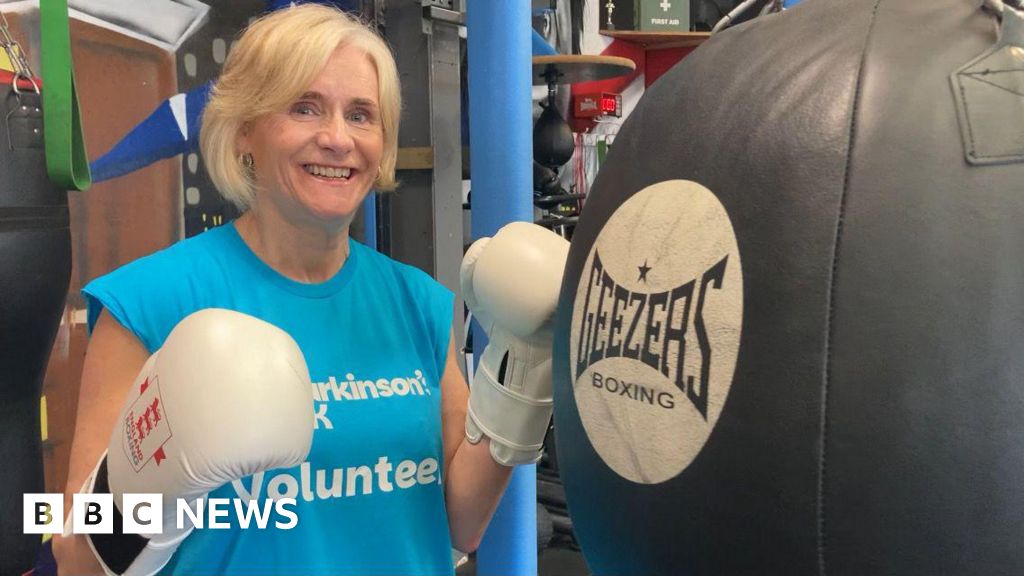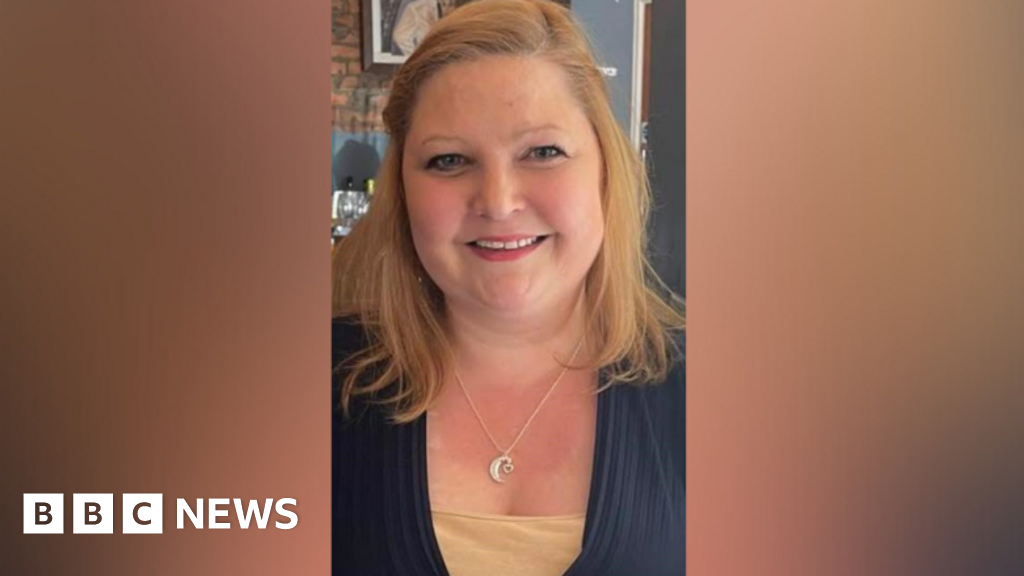Why we need to redefine puberty culture for Gen Z girls

The rise of misinformation aimed at young girls across digital underscores an urgent need for credible resources, empowering products, and emotionally safe communities.
Today’s teen girls are navigating puberty and emotional development in a world no previous generation has known, one where their bodies, confidence, and mental health are influenced as much by social media algorithms as by their own biology. And it’s taking a devastating toll.
Popular platforms like TikTok and Instagram are proving to be part of the problem, with one in three girls acknowledging negative feelings about their body, based on what they see in their feeds, on a weekly basis. And while this is beginning earlier and earlier each year, a U.S. study revealed that by age 13, 53% of girls report being unhappy with their bodies, a figure that by age 17, rises to an alarming 78%. All of this during the crucial period when girls’ self-worth, mental health, and emotional resilience are also being developed.
Lack of puberty education and practical support
Major surveys show many U.S. girls feel under-prepared for puberty. In one 2021 study, 74% of menstruating students (ages 13–19) had questions about their periods, yet just 43% said schools openly discussed this puberty milestone. A 2023 poll of American women found only 15% felt prepared for their first period, 48% said they were not prepared, and 21% did not understand what was happening at their first menstruation.
A 2021–22 national health survey found 31% of girls (ages 12–17) reported anxiety symptoms and 25% reported depression. Feelings of isolation and stigma are common. In a representative teen poll, 45% of girls said they’d been “too ashamed or embarrassed” to seek help when they had questions about their bodies (e.g. puberty or menstruation). Likewise, 58% of teens agreed that society “is not set up for them to manage puberty and menstruation with full confidence.”
And here’s the reality: Puberty isn’t what it was 10 years ago. Menarche—a girl’s first period—now arrives as young as age 9. Girls are navigating their most vulnerable stages of growth and development in a digital age with little support.
Recently, Cloudstate CEO Meg Smith spent 16 months with global focus groups, conducting surveys and conversations with hundreds of Gen Z girls and their parents. By the end, one thing was clear: Girls today need a brand—and a safe space—that actually puts the needs and voices of their community first.
The digital puberty space Gen Z actually wants
Platforms like Cloudstate’s Girl Talk Live (GTL), a first-of-its-kind digital destination designed for girls navigating puberty’s emotional and social rollercoasters in today’s hyper-connected world, is a necessary first step.
Cloudstate understands young girls today aren’t interested in a sterile medical site or a glorified product forum. Instead, they want a hype-worthy, judgment-free zone where they can ask the real stuff, connect with relatable “big sister” mentors, and access expert-backed advice on everything from body confidence to friend drama to managing anxiety. They thrive in places that feel like their closest squad—but smarter, safer, and kinder. We are here to provide just that.
But we also know that resources alone aren’t enough. Some of the earliest experiences girls have with their changing bodies, like shopping for their first bra, are deeply emotional milestones too often treated as transactional. That’s why we are reimagining what that moment looks and feels like. Our brand isn’t just selling bras, we’re creating confidence-first products designed to support a girl’s emotional, physical, and mental growth. Because for girls, a bra isn’t just a bra. It’s an early, intimate encounter with their changing body—and it deserves care, kindness, and community to go with it.
Because Gen Z girls deserve better
Puberty is biologically wired to be an emotionally intense time. In the digital age, that natural vulnerability is amplified by forces girls were never meant to navigate alone. It’s time brands and influencers stop offering products and advice that may be unqualified and harmful, without providing emotional support, real conversation, and a seat at the table.
Gen Z girls aren’t simply accepting how they should deal with puberty. They are challenging what is offered to them and demanding an experience that is better than the generations that came before. They are rewriting the rules of puberty culture…and it’s time we all listen.
Blake Simpson is strategic growth and corporate affairs officer at Cloudstate. Meg Smith is founder and CEO of Cloudstate.
What's Your Reaction?
 Like
0
Like
0
 Dislike
0
Dislike
0
 Love
0
Love
0
 Funny
0
Funny
0
 Angry
0
Angry
0
 Sad
0
Sad
0
 Wow
0
Wow
0

























































![Ironheart Boss on Episode 3’s [Spoiler] Reveal: ‘It’s So Much Fun to Reach Back’ in MCU History — Grade It!](https://tvline.com/wp-content/uploads/2025/06/ironheart.png?#)






































